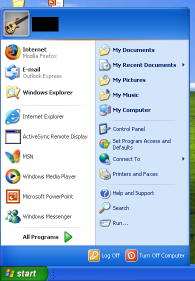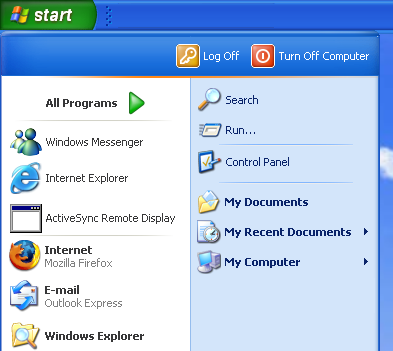Keeping a list of things to do is something most everyone does. I certainly do. Crossing something off those lists is one of the most satisfying things I encounter in a day. Traditionally, I keep these lists on scraps of paper and consolidate to a larger, heavy (to signify importance), piece of paper every so often. This works, but it certainly has disadvantages.
- Tough to share it with others or between home and work
- Tough to save large archives, unless you want a box of scrap paper
- Can't search it
- Easy to lose
I've tried to take my todo list digital many, many times. Microsoft Outlook tasks, Microsoft Project, Google Notebook, _todo.txt in the root. These are all as capable as paper, but they all had drawbacks that never let them stick. I always went back to paper and pen.

Over Thanksgiving, I took some vacation. I've found that I enjoy my vacation far more when I have a nice list of things to do, (and get them done). Otherwise I find myself watching the Today show until mid-morning, doing nothing of real value all day, and next thing I know, the family is walking in the front door.
So one of my todos for my last vacation was to check out the software that I got in the last MacHeist bundle (listing here) that I never got around to trying. One of those apps happened to be TaskPaper.
I went in pessimistic, expecting to be deleting the app after a day or so. After a few minutes of checking it out, I decided to give it a go for the week with my vacation todo list. By day 2 I was hooked. The digital todo list was finally a reality for me.
I love the simplicity of the app. I love the tagging and tag based filtering. I love that it still feels satisfying to cross off a task. I love the amazingly simple data format rules that let the app style the data appropriately.
TaskPaper seems to have a good buddy in TodoPaper. TodoPaper has essentially the same design, but for Windows systems. I'm now using TodoPaper at work and TaskPaper at home. I'd love to see them add a way to sync them.
TaskPaper recently bumped to 2.0 and got even better. The interface got even cleaner and they added a great query language (not @done is a favorite).
The only real holdback on these apps is the price. $30 for each seems a touch much to me but I'd still buy it at that price. I'm very happy to have gotten my TaskPaper license in MacHeist and work bought the TodoPaper license. Free trials are available, as well as discount codes every now and then. Be sure to check the site blogs and the TaskPaper screencast for a discount.






